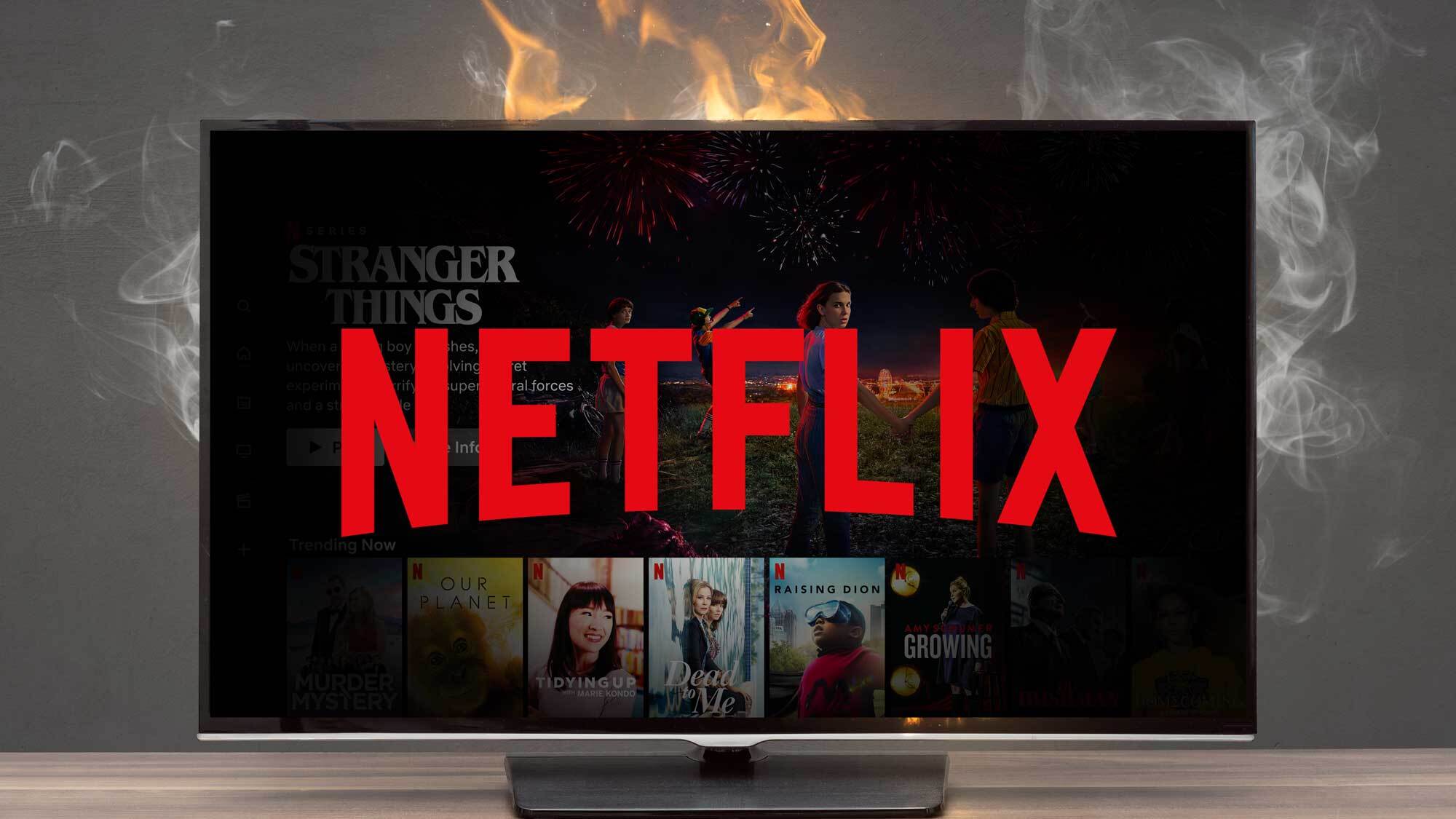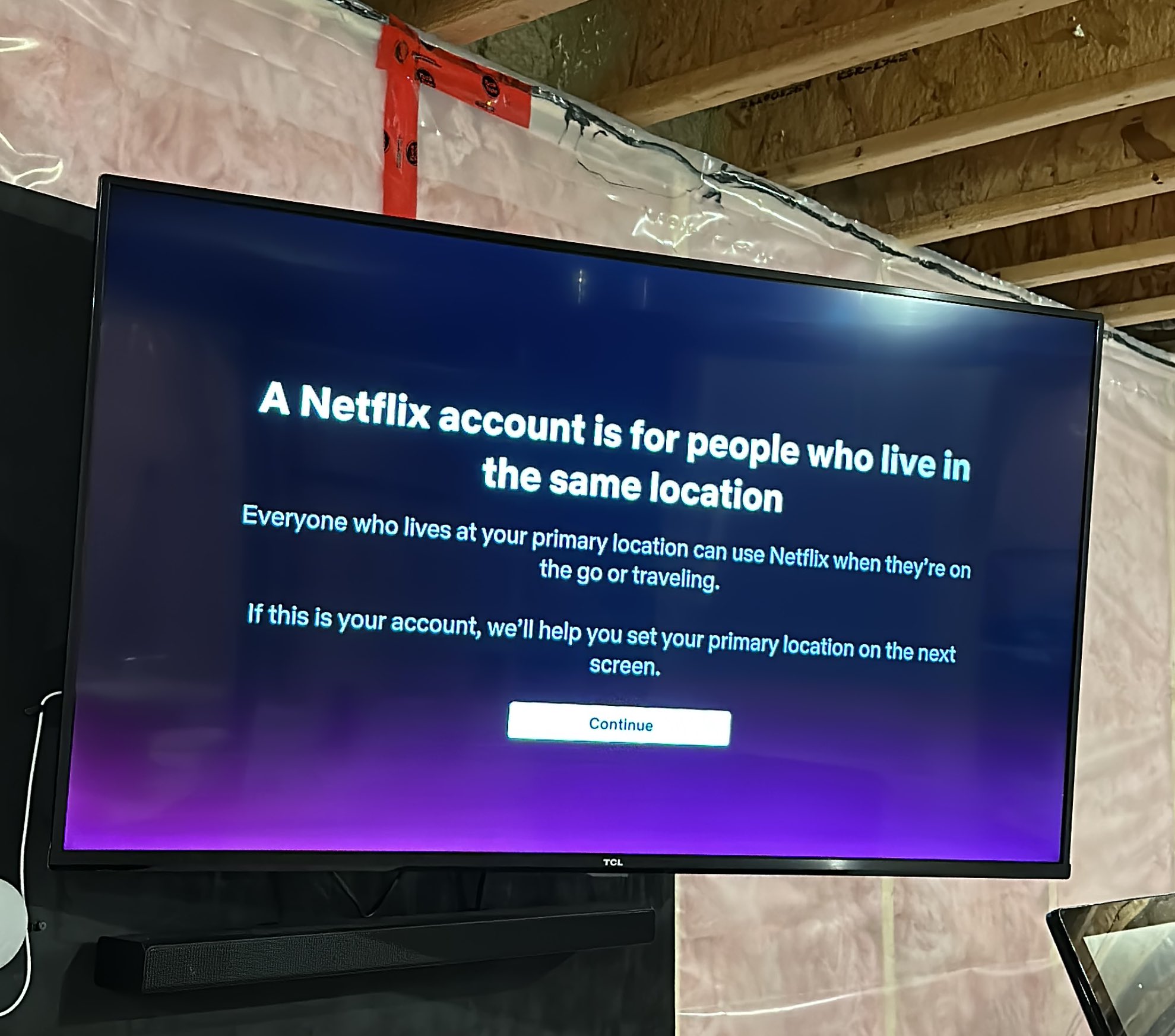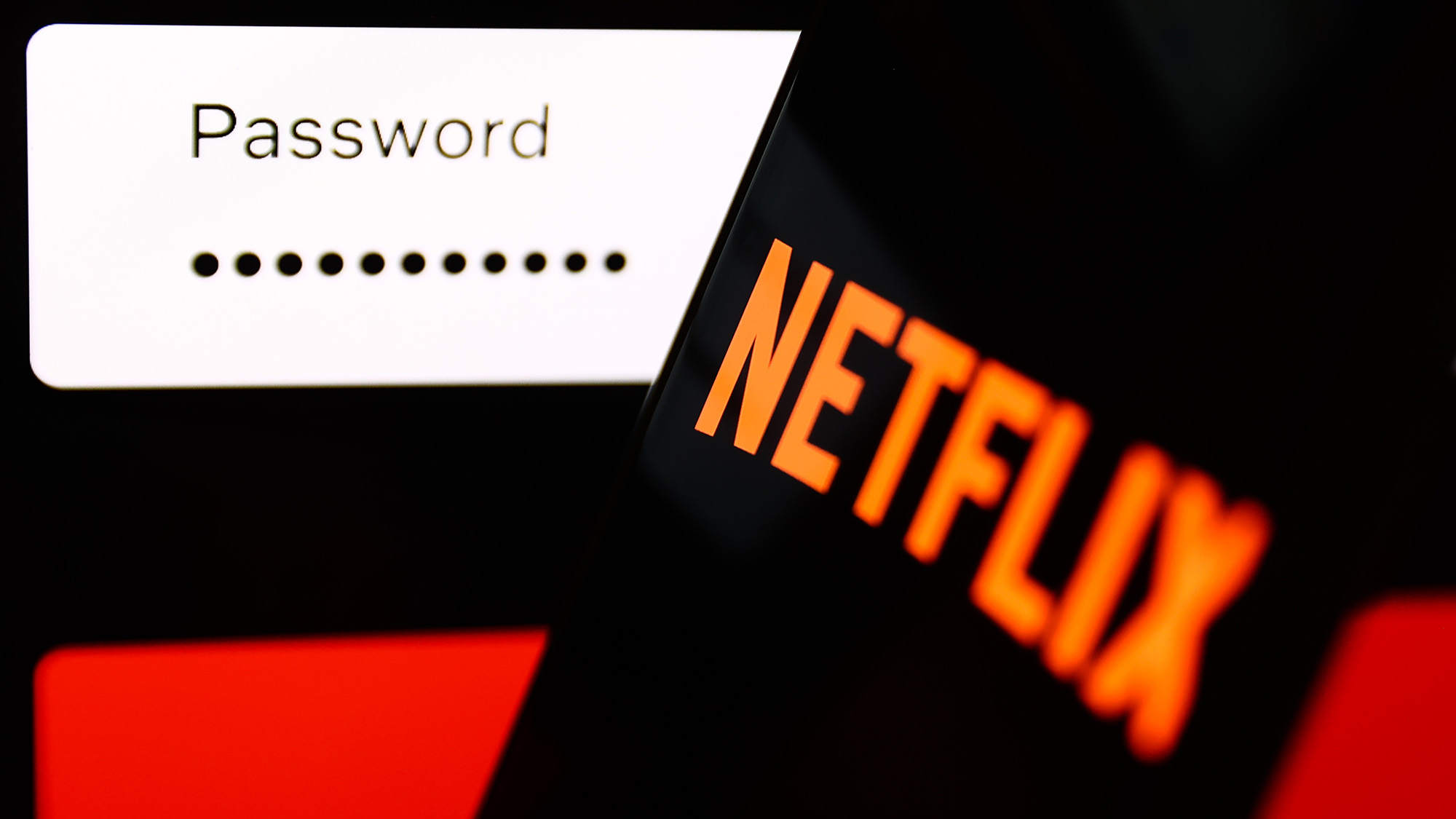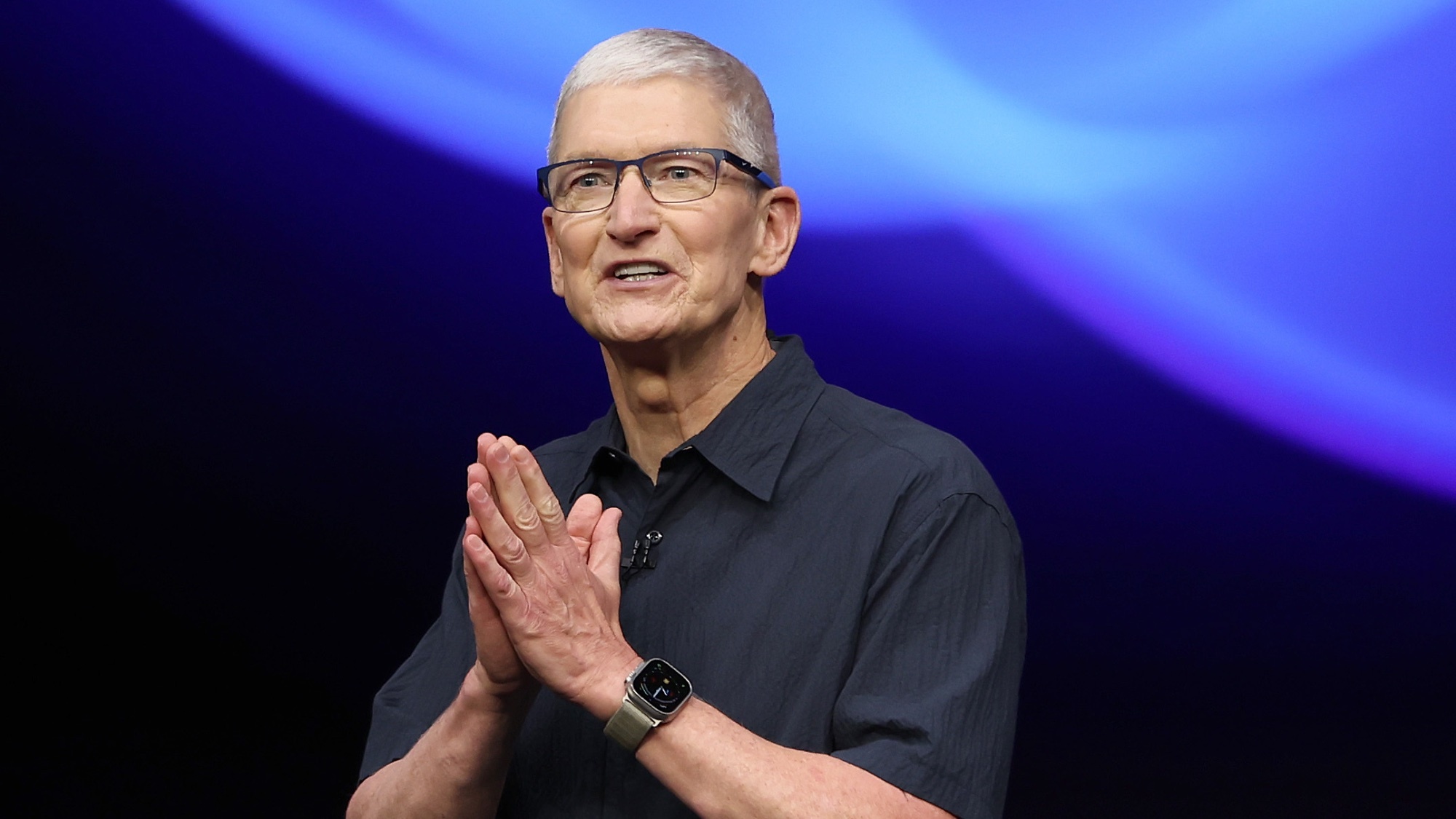Netflix’s password sharing crackdown just expanded — here's what it looks like now
Netflix announces a wider berth for its password sharing crackdown

Netflix's password-sharing crackdown is coming for more houses as we speak. A blog post from the big red streaming machine detailed the news today. Fortunately for sharers in the U.S. and United Kingdom, this new expansion does not hit those soils as of today. But its new pricing for extra accounts may have people more irritated than before.
In a blog post titled "An Update on Sharing," Netflix gave its most official and formal messaging on password-sharing to date. The announcement states that "over the last year," Netflix has "been exploring different approaches to address this issue in Latin America." It's now "ready to roll them out more broadly in the coming months, starting today in Canada, New Zealand, Portugal and Spain."
All of this, if you haven't heard, is because Netflix says account sharing hinders its ability to invest in new shows. The service believes that more than 100 million users are sharing their accounts incorrectly, as it's recently decided to enforce a one household-per-account rule.
The company tried to frame this as a user-first issue stating its "focus has been on giving members greater control over who can access their account." Nothing in the page mentions all of the things that people got concerned about last week, such as devices being banned from accessing the account, or requesting a 7-day window to use Netflix on vacation.
Instead, Netflix positioned five tools for managing accounts. The first, "Set primary location," is what it sounds like, giving users the ability to name the specific address that they watch from, "ensuring that anyone who lives in their household can use their Netflix account."
Users will also get the ability to control which devices can access, and the ability to transfer profiles to new accounts. Netflix also tries to calm travel concerns by saying "Members can still easily watch Netflix on their personal devices or log into a new TV, like at a hotel or holiday rental." It all sounds like a much smoother way of watching the best Netflix movies and the best shows on Netflix than the fine print found last week suggests.
What the Netflix password crackdown looks like
Canada-based Twitter user @TheCatzilla posted the below image online, with the caption "So it begins." The message displayed on their TV reads that "A Netflix account is for people who live in the same location," and that Netflix will help them set up their current location ("If this is your account") as the "primarily location" on the next screen.
Get instant access to breaking news, the hottest reviews, great deals and helpful tips.

Netflix's extra member pricing gets high
The fifth account management feature, "Buy an extra member" gives Standard and Premium users the ability to "add an extra member sub account for up to two people they don’t live with — each with a profile, personalized recommendations, login and password."
And while Costa Ricans would spend an extra $2.99 USD per added member, this new pricing is a bit larger. These new accounts cost "CAD$7.99 a month per person in Canada, NZD$7.99 in New Zealand, Euro 3.99 in Portugal, and Euro 5.99 in Spain."
While it's too early to use these metrics to figure out what Americans would be charged for this feature, it's hard not to estimate with this data. Converting from the Canadian pricing, you see a price about twice as much as what Costa Ricans paid, at around $5.95 USD.
A chart provided by Netflix states that Premium members will be able to buy extra members, and that Standard members will be able to purchase one.
Analysis: Netflix isn't talking about how it all works
Netflix's post didn't mention anything about mandatory connections to the home address' Wi-Fi network, which sparked the initial uproar last week. And it appears the company decided to take a "less is more" approach to explaining its strategy.

Now, Netflix's "Sharing your Netflix account" Help Center pages mention nothing about how it will check that you're using where you're supposed to be. Instead, each region's version of this page has the same statement "A Netflix account is meant to be shared in one household (people who live in the same location with the account owner)."
This will likely lead to tons of confusion if and when users get hit with a message that they're not streaming Netflix properly. The company has stated it expects profits from paid extra accounts to compensate for any cancelations. One wonders if Netflix will still feel like one of the best streaming services to those who get hit by these alerts.
Read next: Disney Plus just lost 2.4 million subscribers

Henry was a managing editor at Tom’s Guide covering streaming media, laptops and all things Apple, reviewing devices and services for the past seven years. Prior to joining Tom's Guide, he reviewed software and hardware for TechRadar Pro, and interviewed artists for Patek Philippe International Magazine. He's also covered the wild world of professional wrestling for Cageside Seats, interviewing athletes and other industry veterans.
 Club Benefits
Club Benefits





